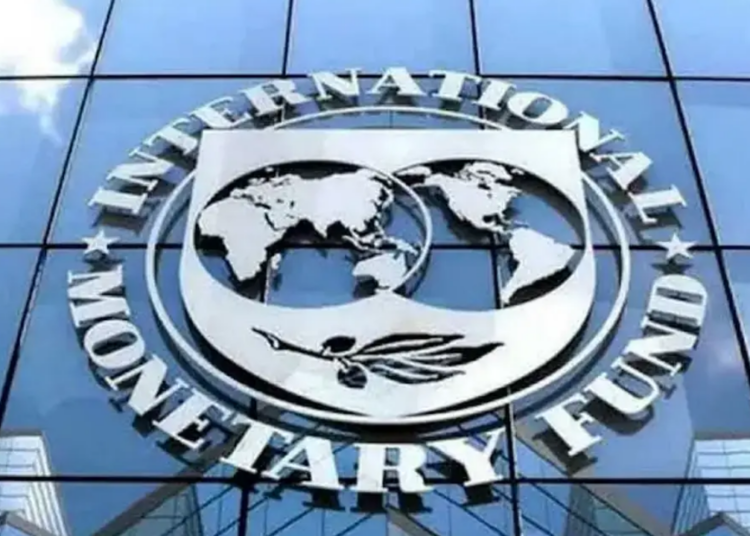The International Monetary Fund (IMF) has urged Nigeria and other African countries to formulate fiscal and macroeconomic policies and financing options to address the challenges posed by climate change. The fund said many countries in the region are among the most vulnerable to climate change.
Climate change is one of the world’s devastating challenges. IMF said there is an urgent need to unlock financing opportunities for African countries to build stronger economies and help reduce fiscal deficits. According to UNDP finance is essential for Africa to meet its climate goals.
“Global coordination is required to deal with climate change to contain global warming,” the director at the Second African Regional Technical Assistance Centre in West Africa (AFRITAC West 2) Eva Jenkner said yesterday at a weeklong workshop on climate change and macroeconomic policies. 44 participants from six African countries are partaking in the workshop in Abuja.
The Central Bank of Nigeria International Training Institute is hosting the African Training Institute/IMF with the theme “Climate and Macro-Financial Policies.” The objective is to engage with government officials in Nigeria and the region to have an exchange on the importance of climate change, and the risk it poses to economic policies and economic development.
Issues around climate risks, resilience and sustainability trust, fiscal risk, how to integrate climate into policies, climate finance, rules and regulations and financing options available to African countries will be discussed in the workshop.
Nationally Determined Contributions (NDCs) indicate that the adaptation finance needs for the continent over the period 2020-30 are close to $580 billion. Unless adaptation finance increases substantially in Africa, a gap of $453 billion will accumulate over this decade.
Resident advisor, macroeconomic and climate, Vimal Thakoor said financing is very important to accelerate the implementation of climate change policies in Africa.
The training is designed to overview the main climate risks the region is exposed to, the policies they are implementing on nationally determined contributions that align with the Paris Agreement and how African countries are financing the policies to build more resilient economies that can better withstand climate shocks and assist in development.
Mr Thakoor said there is a big role for ministries of finance and central banks to play. “A lot has to do with the integration of climate policies in economic frameworks. Once the ministry of environment has identified a climate policy, you want to ensure that the resources are available to finance that policy.
“Climate change poses risks to price stability and financial stability, and being cognizant of these risks will allow the central bank to better formulate policies that promote price stability and financial stability,” he stated.





